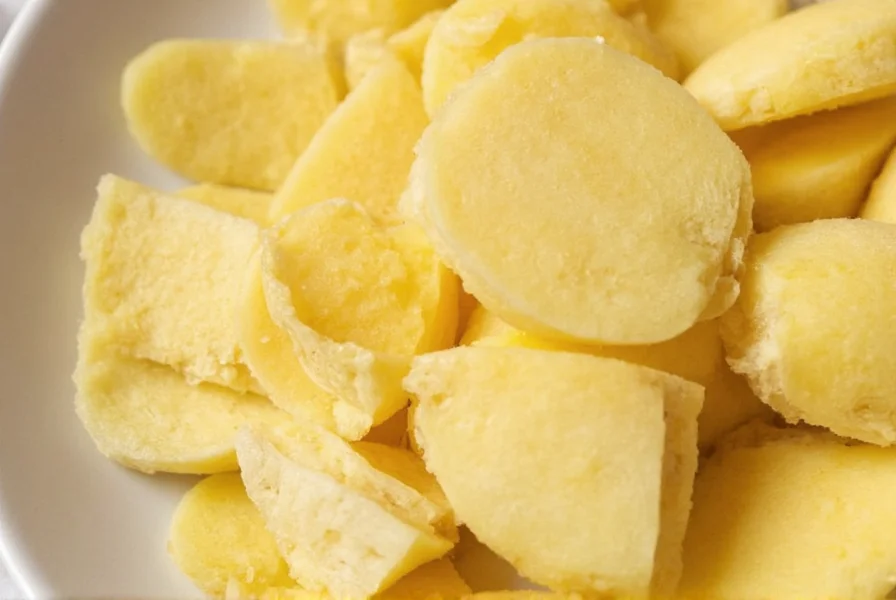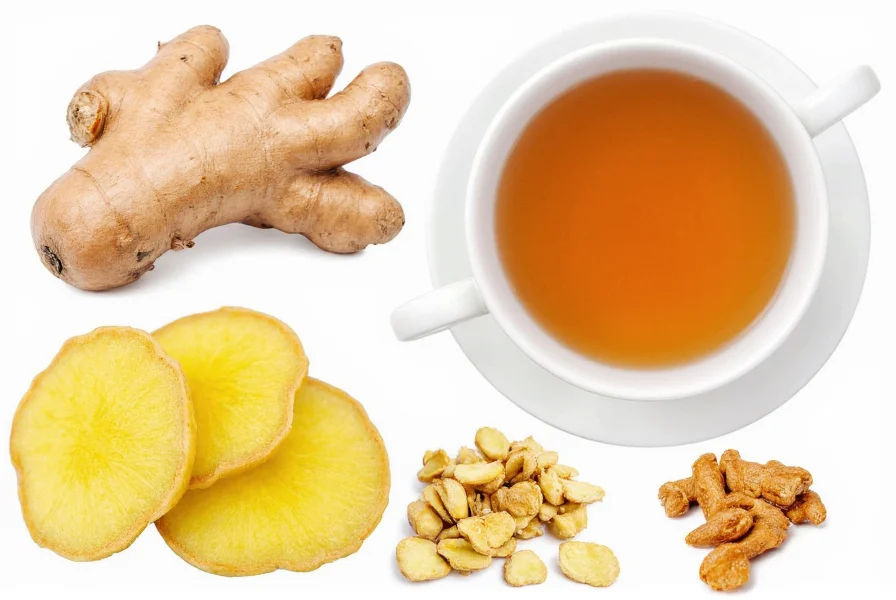For centuries, cultures worldwide have turned to ginger tea as a natural remedy for various ailments. Modern research continues to validate many of these traditional uses while uncovering new potential benefits. This comprehensive guide explores what science actually says about ginger tea's health effects, separating evidence-based facts from popular myths.
What Makes Ginger Tea Beneficial?
Ginger tea derives its health properties from Zingiber officinale, the ginger plant root. The primary bioactive compounds responsible for its therapeutic effects are gingerols and shogaols. When ginger is steeped in hot water to make tea, these compounds become water-soluble and readily absorbed by the body.
Unlike supplements that concentrate these compounds, ginger tea provides a more moderate, balanced delivery system that's generally well-tolerated. The warmth of the tea itself also contributes to its soothing effects on the digestive system.

Scientifically Supported Health Benefits of Ginger Tea
Multiple clinical studies have examined ginger's effects on human health. Here are the benefits with the strongest scientific backing:
Digestive Health Improvement
Ginger tea has demonstrated effectiveness in accelerating gastric emptying. A study published in European Journal of Gastroenterology & Hepatology found that ginger sped up digestion by 25% compared to placebo. This makes it particularly helpful for those experiencing:
- Indigestion and bloating
- Irritable bowel syndrome (IBS) symptoms
- Post-operative nausea
- Morning sickness during pregnancy
Nausea and Vomiting Relief
Research consistently shows ginger tea's effectiveness against various forms of nausea. A comprehensive review in Integrative Medicine Insights concluded that ginger significantly reduces:
- Morning sickness in pregnancy (without harming fetal development)
- Chemotherapy-induced nausea
- Post-surgical nausea
- Travel sickness and motion sickness
Anti-Inflammatory Effects
The gingerols in ginger tea inhibit inflammatory pathways in the body. A study in Journal of Medicinal Food demonstrated that regular ginger consumption reduced markers of inflammation by 28% in participants with osteoarthritis. This makes ginger tea potentially beneficial for:
- Joint pain management
- Muscle soreness after exercise
- Chronic inflammatory conditions
| Benefit | Research Support Level | Recommended Daily Amount | Time to Notice Effects |
|---|---|---|---|
| Digestive improvement | Strong (multiple RCTs) | 1-2 cups (1-1.5g ginger) | Within 30-60 minutes |
| Nausea relief | Strong (systematic reviews) | 1 cup (1g ginger) | Within 20-30 minutes |
| Inflammation reduction | Moderate (several studies) | 2 cups (1.5-2g ginger) | 2-4 weeks of regular use |
| Immune support | Preliminary (lab studies) | 1-2 cups (1-1.5g ginger) | Long-term regular use |
Potential Benefits with Emerging Evidence
While more research is needed, preliminary studies suggest ginger tea may offer additional health advantages:
Blood Sugar Regulation
A 2020 study in Complementary Therapies in Medicine found that ginger supplementation improved fasting blood sugar levels in people with type 2 diabetes. While tea contains lower concentrations than supplements, regular consumption may contribute to better glucose metabolism.
Cardiovascular Support
Research indicates ginger may help lower blood pressure and cholesterol levels. A review in Nutrition Journal noted ginger's potential to reduce LDL cholesterol by approximately 17% with regular consumption. The antioxidants in ginger tea likely contribute to these cardiovascular benefits.
Immune System Enhancement
Ginger's antimicrobial and antioxidant properties may provide mild immune support. While not a replacement for vaccines or medical treatments, ginger tea's warming properties and bioactive compounds can be part of a comprehensive approach to maintaining immune health, particularly during cold and flu season.

How to Prepare Ginger Tea for Maximum Benefits
The preparation method significantly impacts the potency of your ginger tea. Follow these evidence-based recommendations:
Optimal Brewing Technique
- Use fresh ginger root (1-2 inches) for highest gingerol content
- Slice or crush the ginger to increase surface area
- Boil in 1-2 cups of water for 10-15 minutes (longer boiling converts gingerols to more potent shogaols)
- Strain and optionally add lemon or honey
Dried vs. Fresh Ginger
Fresh ginger contains higher levels of gingerols, while dried ginger has more shogaols due to the drying process. For digestive issues, fresh ginger tea is generally preferred. For anti-inflammatory effects, slightly longer boiling of fresh ginger or using dried ginger may provide enhanced benefits.
Safety Considerations and Potential Side Effects
Ginger tea is safe for most people when consumed in moderation, but certain precautions apply:
Recommended Daily Intake
For general wellness, 1-2 cups daily (providing approximately 1-1.5 grams of ginger) is considered safe for adults. Higher amounts (up to 4 grams daily) have been used therapeutically under medical supervision for specific conditions like nausea.
Who Should Exercise Caution
Certain individuals should consult healthcare providers before regular ginger tea consumption:
- People taking blood thinners (ginger may increase bleeding risk)
- Those with gallstone disease (ginger may increase bile production)
- Individuals with low blood pressure
- Pregnant women beyond the first trimester (discuss appropriate amounts with obstetrician)
Potential Mild Side Effects
When consumed within recommended amounts, side effects are typically mild and may include:
- Heartburn (especially on empty stomach)
- Mild stomach upset
- Increased burping
Realistic Expectations for Ginger Tea Benefits
While ginger tea offers genuine health benefits, it's important to maintain realistic expectations. Ginger tea is not a miracle cure but rather a supportive element in a comprehensive wellness approach. The most significant benefits are seen with consistent, regular consumption as part of an overall healthy lifestyle.
Unlike pharmaceutical medications, natural remedies like ginger tea typically produce subtle, cumulative effects rather than dramatic immediate results. For serious health conditions, ginger tea should complement—not replace—conventional medical treatments.










 浙公网安备
33010002000092号
浙公网安备
33010002000092号 浙B2-20120091-4
浙B2-20120091-4